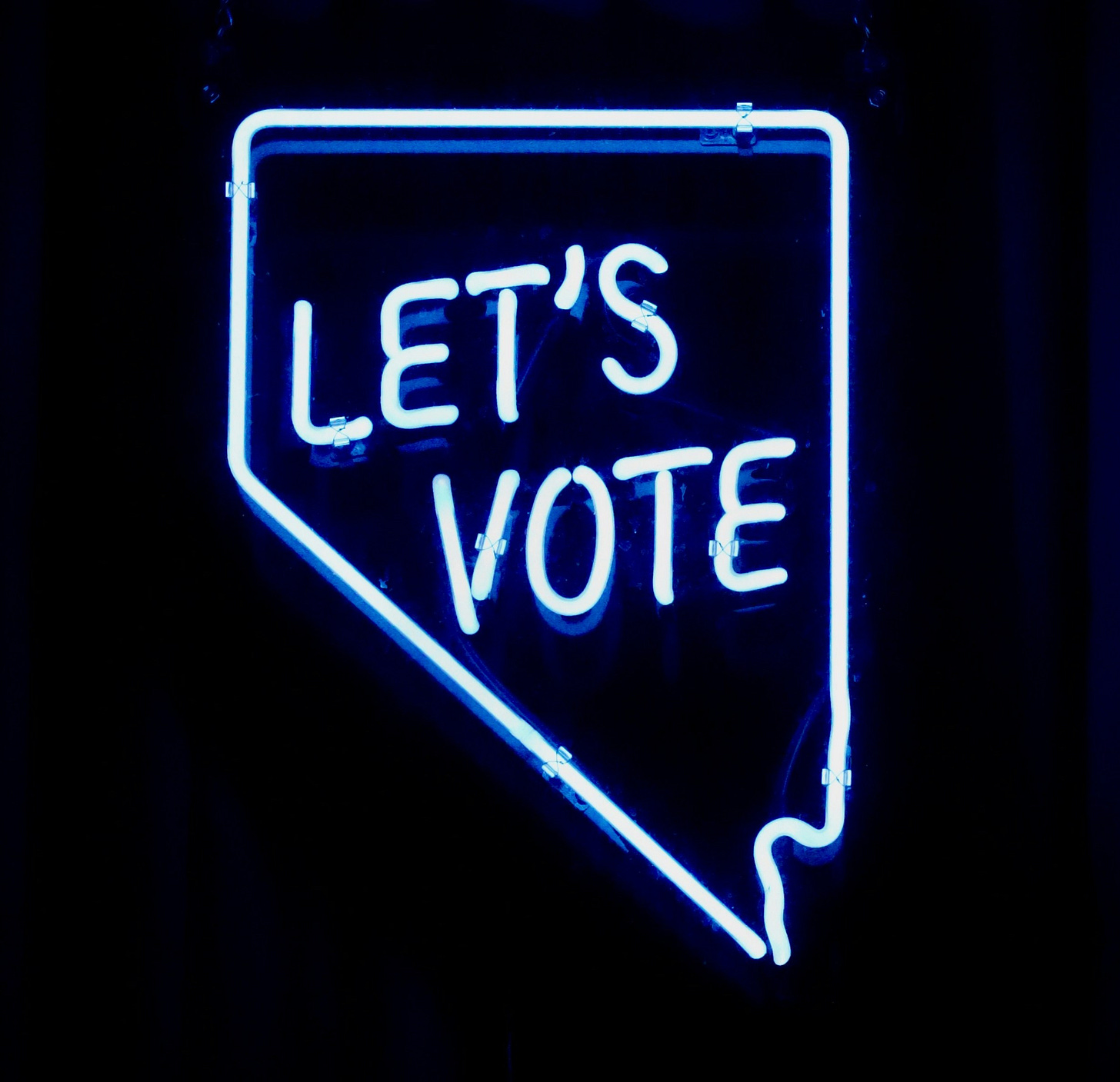Committee hears testimony on ballot initiative, voting rights, and early voting
Four years after court ruling, citizens’ right to place measures on the ballot remains stalled.
Mississippi Statehouse Speaker Jason White continued his pre-legislative session select committee meetings yesterday with a hearing focused on restoration of the ballot initiative, restoration of voting rights for convicted felons, and in-person early voting.
The ballot initiative process has a complicated history in Mississippi. In order for a proposed amendment to appear on the ballot, its supporters must gather enough signatures from Mississippi voters. If a proposed amendment appears on the ballot and is approved by a majority of voters—more than 50 percent—it becomes part of the Mississippi Constitution.
First guaranteed as a constitutional right to Mississippians in 1914, it was revoked in 1922 due to a technicality and reinstated in 1992. Since then, it has — yet again — been temporarily paused by the state Supreme Court due to a technicality.
Following the overwhelming passage of the medical marijuana ballot initiative in 2020, a challenge to the initiative process led the Mississippi Supreme Court in 2021 to suspend Mississippi’s citizen initiative process. This was due to the Constitution requiring an evenly distributed number of signatures across the state’s five congressional districts, which no longer applied because the number of districts had been reduced to four as a result of Mississippi’s decline in population. The 2021 ruling directed the state legislature to resolve the issue and restore the citizen initiative process. Four years have since passed, and Mississippians’ right to put the issues they care about directly on the ballot has still not been restored.
Samantha Buckley, of the nonpartisan advocacy group Secure Democracy, testified before the committee that there are two potential avenues to address the one-word issue that has suspended citizen-led direct democracy in the state. The first option is to correct the current language in the Constitution to reflect the four current congressional districts.
The other option, described by Buckley as the “longer term fix,” is to amend the signature cap language to not mention congressional districts at all.
Rep. Price Wallace (R-Mendenhall), chair of the House Constitution Committee, proposed using state Supreme Court districts as a possible solution to the congressional district issue, a remedy he says the House discussed last year.
Buckley, in response, said she would need to take a closer look at the numbers.
While the House has put forth more effort than the Senate in addressing the court’s directive to restore the ballot initiative process, there has still been trepidation over several aspects of reinstatement. Among them is allowing ballot initiatives to amend the state’s constitution. Rep. Noah Sanford (R-Collins), and chair of the House Apportionment and Elections Committee, asked Buckley if other states with the ballot initiative process required different signature thresholds to enshrine the desires of voters within the state Constitution versus allowing citizens to merely pass a statute.
“No state has a template. Every state does it differently,” Buckley said. “To say there’s a baseline is really difficult with the ballot initiative.”
The panel then moved on to rights restoration for Mississippians formerly convicted of felonies. Forty-six states — including Louisiana and Arkansas — have automatic rights restoration following incarceration. The only four states in the country without automatic restoration are Mississippi, Alabama, Tennessee and Virginia. In her presentation, Buckley was quick to note that automatic restoration does not mean automatic voter registration.
That breaks down further to 23 states that automatically restore the right to vote following incarceration, 15 states that restore it following the completion of parole or probation, and five that require the fulfillment of a financial obligation before restoration.
According to Buckley, Mississippi has approximately 52,000 disenfranchised nonviolent offenders—or roughly 2 percent of the state’s voting age population.
Mississippi’s Constitution lists only 10 crimes that preclude a formerly incarcerated individual from voting, but Buckley says that “interpretations” have broadened that list to 70 nonviolent crimes.
Sanford concluded the conversation about rights restoration by stating he believes that “most of the House supports restoration.”
The final piece of testimony heard by the select committee was on in-person early voting. Mississippi currently does not allow for no-excuse early voting. There are certain exceptions, but Mississippians must present a reason why they cannot vote on Election Day to the circuit clerk’s representative.
In her presentation, Buckley cited several reasons why in-person early voting is so critical, including that it cuts down on the number of people who walk away from their precinct on Election Day; that it decreases the likelihood a precinct would run out of voting materials; and that fewer mistakes are made and fewer resources are used.
The only other states that don’t allow for in-person early voting are Alabama and New Hampshire.
Members of the select committee had many questions about early voting, the election and democracy-related issues that seemingly caused the most consternation within the Republican-controlled House.
Questions ranged from the logistics of opening precincts for early voters to concerns—without evidence—about election integrity. Election security and the mechanics of mail-in and absentee voting were top of mind for the assembled House members.
The next in this series of House select committee meetings is scheduled for Sept. 25 and will return to the issue of school choice.
Photo by Manny Becerra on Unsplash




